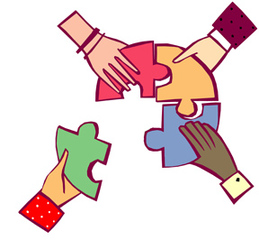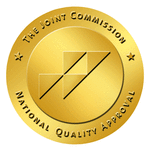
Sometimes when people learn about the disease of addiction, they think that it absolves them of all responsibility for their past behavior. Nothing could be further from the truth. Part of effective recovery, in fact, a fairly significant part, involves taking full responsibility for our actions, past and present.
This isn’t always an easy thing to do. In fact, for many of us in recovery, particularly early recovery from chronic addiction, there’s so much about our past that is disgraceful, hurtful, and shameful that we’d much rather forget it than acknowledge it happened.
But we have to go through all those thoughts, words, and actions somewhere along the line as we begin to work the 12 steps of recovery. We can try to put it off, but if we don’t own our responsibility, we’re going to be stuck where we are.
And that is not what we want for ourselves in recovery. Moving forward means facing some pretty painful truths about ourselves and working to become a better person. No, it doesn’t mean beating ourselves up for our past actions, but it does mean squarely admitting what we’ve said and done that has hurt ourselves and others. We will need to make amends, one way or another, either directly to those whom we’ve hurt or indirectly if we cannot do so directly.
But how we act in the present is also an indicator of whether or not we’re responsible. Before we open our mouths and utter an unkind comment, we should think about what we’re going to say first. What benefit is there to saying something uncharitable, rude, or mean? Is that working to be the best we can be in our recovery? If our actions are less than admirable – cutting in front of others in line because we’re in a hurry and can’t be bothered to be patient, or shouting down someone in the 12-step rooms who’s saying something we don’t like, that’s not being responsible.
It takes conscious thought and hard work to be responsible in recovery. But it is a measure of our humanity as well as a testament to our ongoing progress when we are responsible.

 RSS Feed
RSS Feed
